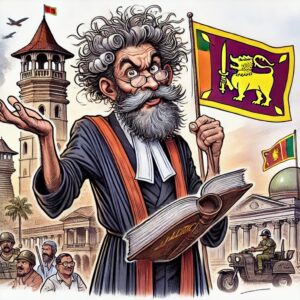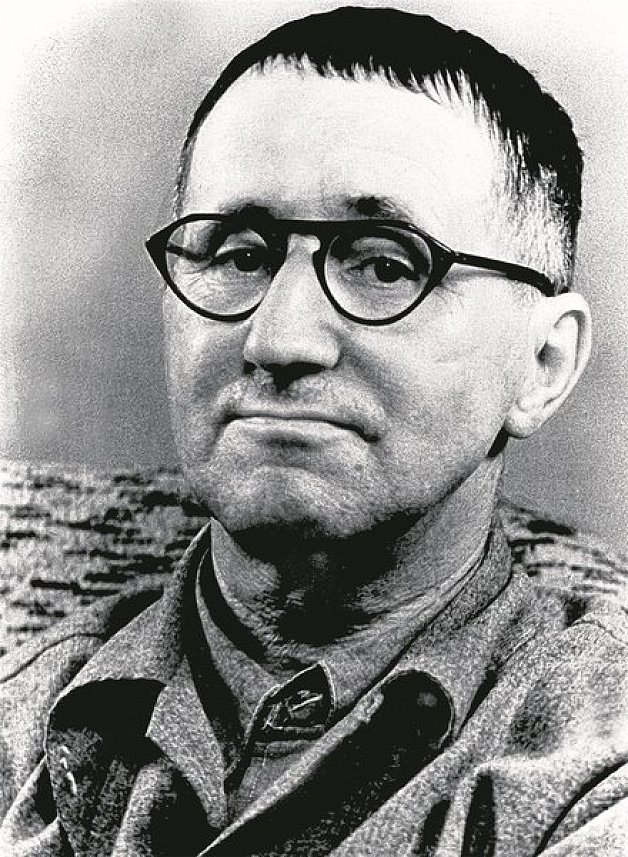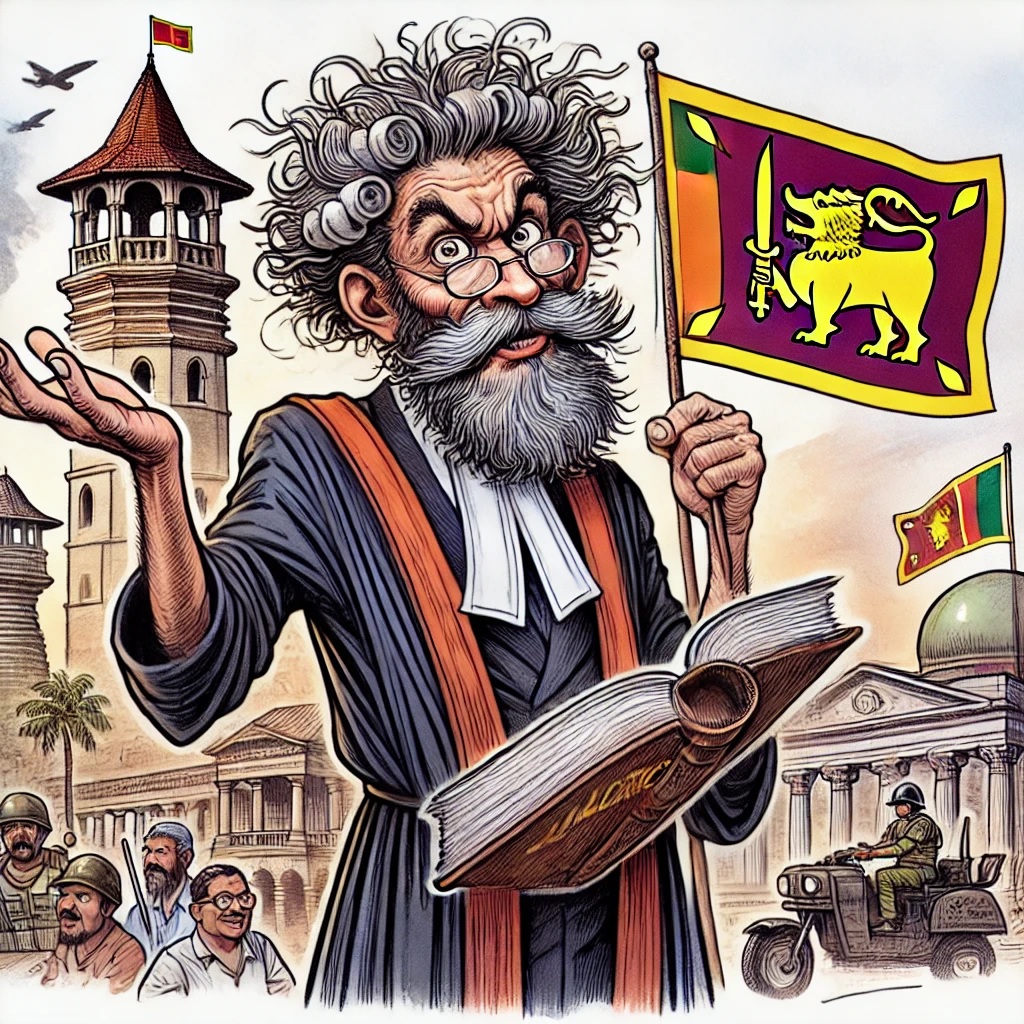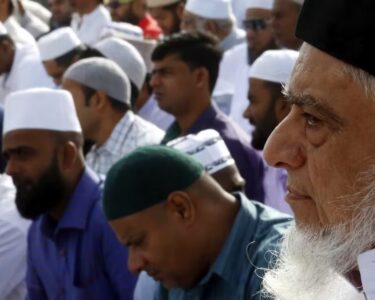Azdak, Where Art Thou? A Call for the People’s Judge
As Sri Lanka celebrates its 77th year of independence, the nation finds itself yet again performing its favorite tragicomedy: The Circus of Governance. This long-running production, featuring an ensemble cast of recycled politicians, corrupt elites, and economic magicians, continues to dazzle audiences with its signature illusions—vanishing public funds, disappearing justice, and the spectacular reappearance of the very faces people voted out. And yet, amid the usual antics, the people cry out:

Where is Azdak?
For the uninitiated, Azdak is not another IMF delegate, nor is he a foreign investor promising jobs before conveniently disappearing offshore. No, Azdak is Brecht’s iconic judge from The Caucasian Chalk Circle—an unlikely, unorthodox dispenser of justice who sides with the downtrodden over the entitled, with the righteous over the rich. And oh, how Sri Lanka longs for such a figure.
Azdak vs. The Usual Suspects
In Brecht’s play, a governor’s wife abandons her child in pursuit of material wealth, only to later demand custody when it suits her ambitions. Sound familiar? Our politicians have mastered this technique, treating Sri Lanka not as Mother Lanka but as Loot Lanka—a treasure chest to be raided, a child to be neglected until, conveniently, it becomes useful once again. They abandon the nation when it needs stewardship, only to reappear during elections, cradling it in their arms like an heirloom they had definitely not misplaced.
If an Azdak were presiding over Sri Lanka today, he might ask: Who truly cares for this country? Is it the seasoned politicians whose idea of governance is an all-you-can-eat buffet of national resources? Or is it the long-suffering citizens who, like Grusha, have carried Sri Lanka through crisis after crisis while its so-called leaders lounge in luxury? The chalk test is simple: those who exploit the nation must let it go.
Azdakonomics: A Revolutionary Concept
Under Azdak’s rule, justice is unconventional but fair. Imagine applying his principles to our economic policies: Instead of debt restructuring benefiting the elite, it prioritizes public welfare. Instead of political dynasties monopolizing wealth, the common Sri Lankan sees actual relief. Instead of citizens surviving on vague promises, they experience tangible change—no more Houdini acts where billion-dollar loans vanish into thin air.
But, alas, Sri Lanka’s economic policies operate under a different school of thought: Trickle-Down Economics (otherwise known as Hold Your Breath Until Something Happens). The people have been asked to tighten their belts so much that they’re practically corseted into starvation, while the ruling class floats above it all, sipping imported wine and debating how best to repackage their next PR stunt.
The Return of the Prodigal Politician

Every few years, we witness a miraculous phenomenon: the rebranding of the very figures who orchestrated Sri Lanka’s crises. One day, they are architects of disaster; the next, they are back in front of the cameras, reinvented as saviors. Their latest ploy? The infantilization of Sri Lanka itself. Gone is the image of Sri Lanka Matha—a proud, nurturing motherland. In its place, we have Sri Lanka Lamaya, a helpless child being carried across a perilous bridge, while its ‘guardians’ insist that only their firm grip can keep it safe. The same hands that led it into ruin now insist they are the only ones who can lead it out.
But who really holds the child’s best interests at heart? The self-serving elite, who treat the country as a revolving door of opportunities? Or the citizens, who have held it together through sacrifice, resilience, and sheer willpower? If an Azdak were here, his judgment would be clear.
An Invitation to Azdak: A Job Opening in Sri Lanka
As we stand at this historic crossroads, the call for an Azdak has never been louder. A leader who dispenses justice not based on titles, but on truth. Who prioritizes moral responsibility over political expedience. Who sees beyond the empty slogans and holds power accountable.
Perhaps the new leadership, elected on the hopes of change, will rise to the occasion. Perhaps the long-promised reforms will finally take root. But should they falter, the people of Sri Lanka will remember their role as Grusha—the true caretakers of this land. And if necessary, they will redraw the chalk circle themselves.
After all, if no Azdak arrives, then the people must become him.
(inspired by a openion pice of Jesuite Priest Rashmi M Fernando)







